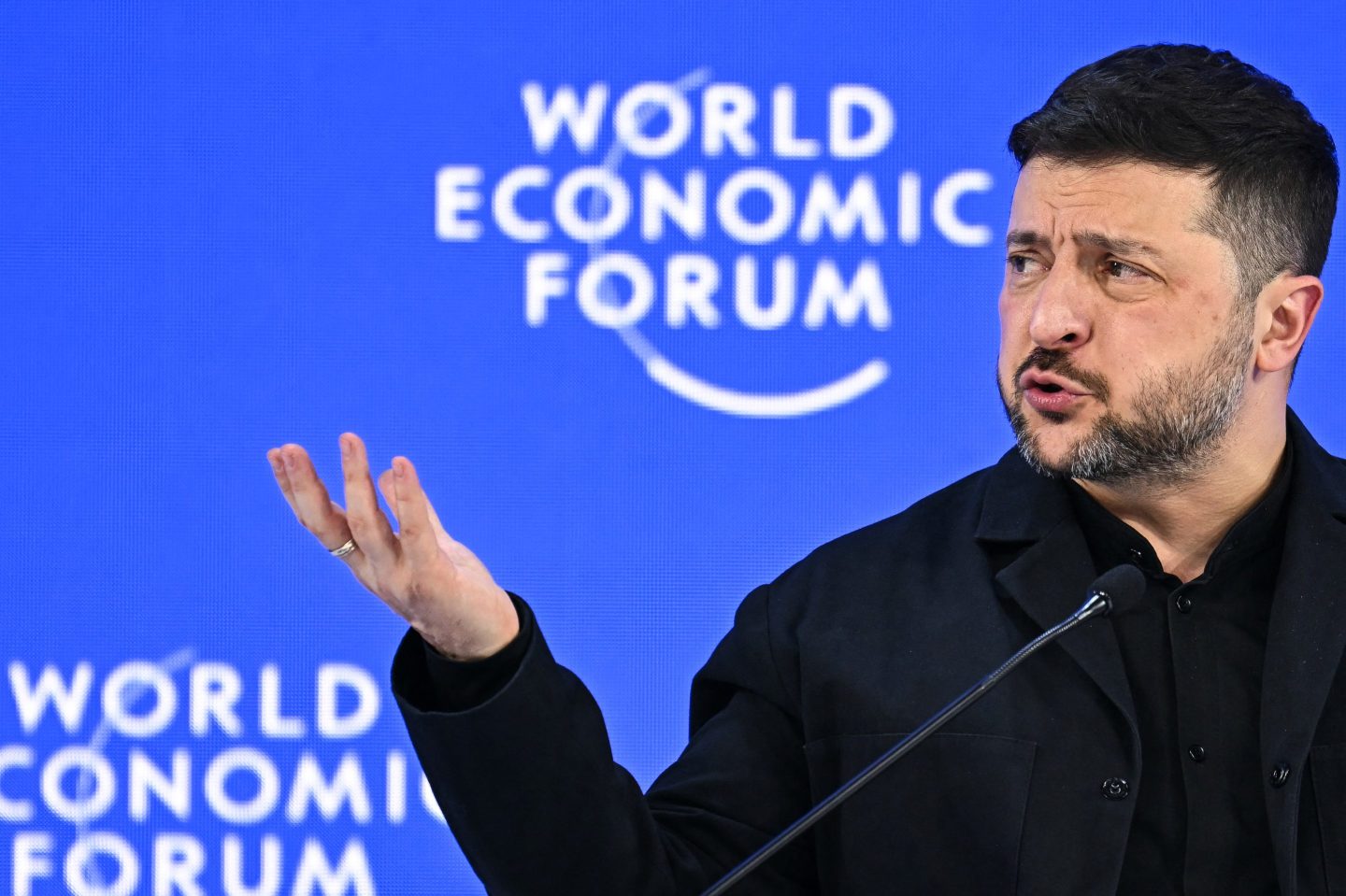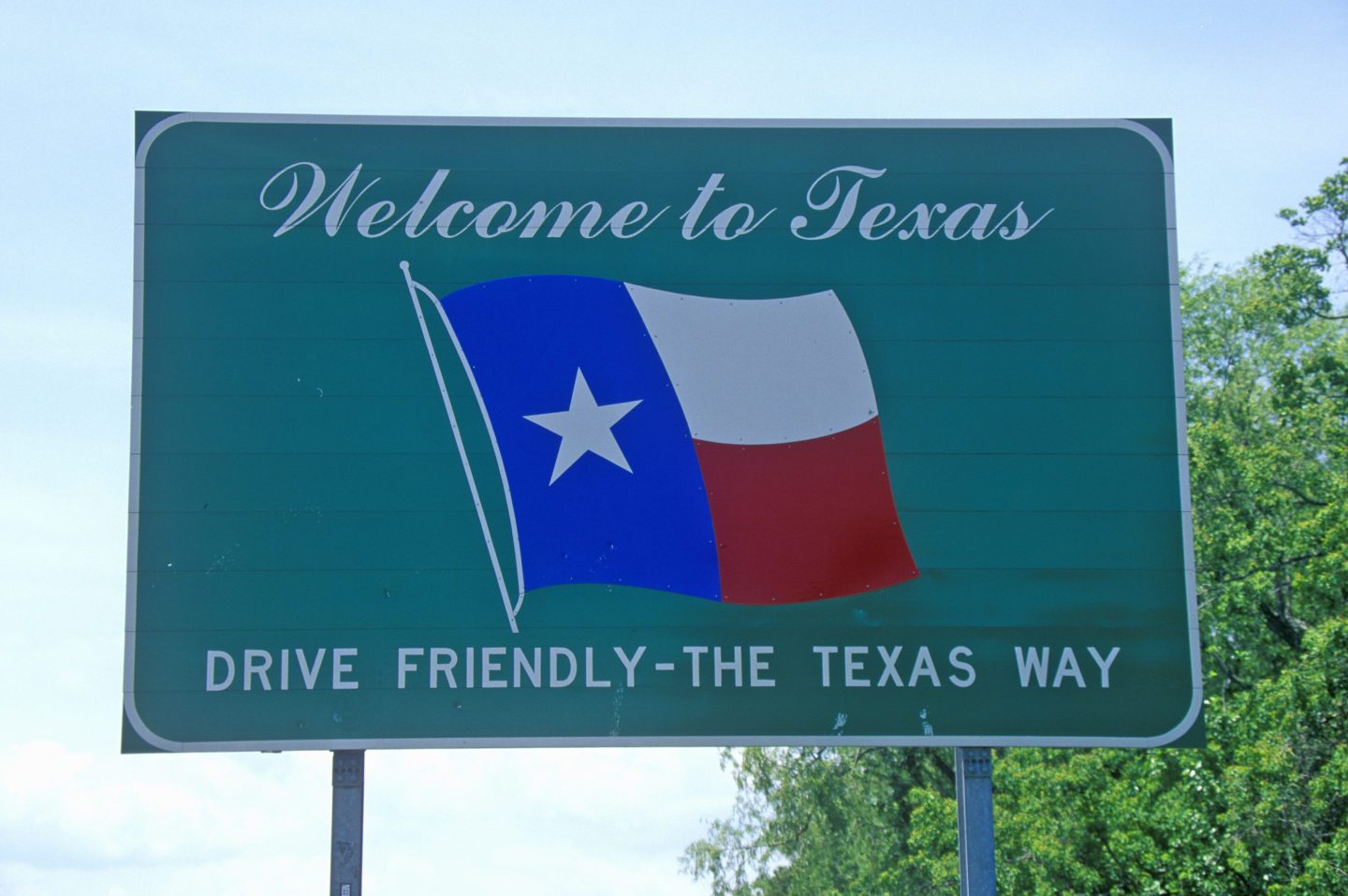Even fast-casual dining may be too much of a financial burden for younger generations.
Chipotle CEO Scott Boatwright said young diners between the ages of 25 and 35 are cutting back on dining at the Mexican-inspired fast-casual chain. But these millennial and Gen Z customers are not snubbing Chipotle for other fast food spots; they’ve stopped dining out as frequently altogether.
“This group is facing several headwinds, including unemployment, increased student loan repayment, and slower real wage growth,” Boatwright told investors at the company’s earnings presentation on Wednesday. “We’re not losing them to the competition. We’re losing them to grocery and food at home.”
Boatwright noted Chipotle customers making less than $100,000—about 40% of Chipotle’s consumer base—are also pulling back.
“They feel the pinch; we feel the pullback from them as well,” he concluded.
Chipotle cut its same-store sales forecast for its third consecutive quarter as quarterly revenue missed expectations and traffic declined by 0.8%, also its third straight dip.
Two-tier economy
Other fast food chains have noted the emergence of a two-tier economy—of high-income earners shelling out for meals, while low-income earners tighten their belts. This includes McDonald’s, which has been largely propped up by customers willing to spend more money at the chain.
”There’s a lot of commentary around, ‘What’s the state of the economy, how’s it doing right now?’” McDonald’s CEO Chris Kempczinski told CNBC last month. “And what we see is, it’s really kind of a two-tier economy. If you’re upper-income, earning over $100,000, things are good … What we see with middle- and lower-income consumers, it’s actually a different story.”
Fast food restaurants have also made a concerted effort to attract Gen Z diners, with offerings including McDonald’s adult Happy Meals, Taco Bell’s customizable drinks, and KFC spinoff Saucy’s array of chicken tender dipping sauces. Chipotle has made similar attempts with limited-time offers of novelty condiments, with some success.
“Through our research, we found that over 90% of Gen Z consumers say they would visit a restaurant just for a new sauce,” Boatwright said on Wednesday.
Chipotle did not immediately respond to Coins2Day’s request for comment.
Gen Z cutting back on dining out
Amid an affordability crisis, it may take more than Chipotle’s Adobo Ranch or Red Chimichurri to get young customers into stores more often. To save money, Gen Z in particular has changed how they dine out, taking advantage of cheaper menu options by splitting appetizers and ordering kids’ meals.
Dining out is a luxury that many Gen Zers and millennials who are trying to pay their bills forgo. A Redfin survey of 4,000 U.S. Homeowners and renters, conducted in August, found 40% of Gen Z and millennial renters were eating out less to afford monthly payments. More than 20% reported skipping meals entirely to make ends meet.
Mounting data may confirm Boatwright’s suspicions about Gen Z’s financial burdens. Gen Z’s credit scores experienced the steepest annual drop of any generation since 2020, in part because of the return of student loan payments, according to a recent FICO report. And beyond grappling with a stubbornly expensive housing market, young generations are struggling to get or hold on to jobs to advance their careers.
A JPMorgan Chase Institute report released Wednesday found that young people ages 25 to 29 had the lowest income growth over the past decade. The unemployment rate for 16- to 24-year-olds reached about 10.5% in August, nearly three times that of their millennial and Gen X counterparts, according to Federal Reserve Bank of St. Louis data.
In an era of “job hugging” in a low-fire, low-hire labor market and anxiety around AI displacing entry-level workers, Gen Z is missing out on a key period of career advancement that comes from switching jobs to make more money, JPMorgan Chase noted in the report. This decreases their spending power—and makes it clear their worries go beyond whether they want carnitas or chicken in their burrito bowls.
“We’re already seeing that young people are having a hard time getting a foothold on the homeownership ladder,” George Eckerd, wealth and markets research director for JPMorgan Chase Institute, told Coins2Day. “They’re delaying home purchases because they need to climb further up their career ladder to be able to afford it all, and that career ladder is getting flatter.”













